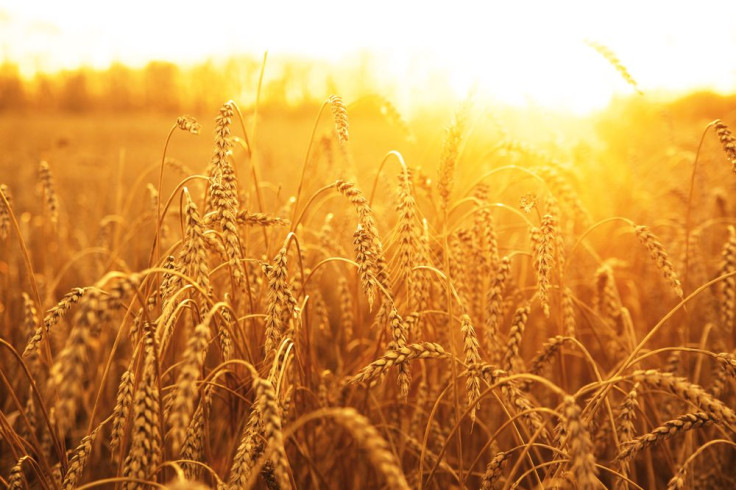Bayer CropScience Sequencing Wheat Genome To Make Tougher Crops

Last week, Bayer CropScience Ltd. (BAYE:NS) opened a multimillion dollar wheat breeding center near Victoria, Australia. A team of 20 people will evaluate about 4,000 types of wheat seeds. It's part of the company's focus on wheat as other producers concentrate on crops such as soybean and corn.
“There has been an underinvestment in wheat for a long time now in comparison to other crops such as corn and soybeans,” said Rick Turner, Bayer’s global head of wheat and oilseeds to the North Queensland Register. “We feel we can make similar genetic gains in wheat as we have seen in these other crops.”
Most are optimistic about corn and soy, but experts disagree about the global future of wheat.
Last week, the U.S. Department of Agriculture forecast that wheat production would decline and that food use would grow, preventing an increase in global ending stocks for the next year. But on Tuesday, the Dutch Rabobank slashed its forecasts for wheat prices and the World Bank also forecast an increase in wheat production for 2014.
“We are facing the twin challenges of how to increase intrinsic yield and adapt currency wheat varieties to cope with these environmental challenges,” said Steve Patterson, Bayer CropScience’s global crop manager, cereals, in a statement.
The process will take some time and requires a great deal of patience, but Bayer CropScience is eager to make the investment, which should help them capitalize on growing markets such as Asia.
“It certainly is a complex crop to work with, but we see it as such an important crop worldwide,” said Bayer CropScience Australia general manager Jacqueline Applegate to Theland.com.
In January, the International Wheat Genome Sequencing Consortium (IWGSC) announced that it would receive approximately $1.37 million from Bayer CropScience, in an effort to help the consortium’s effort to sequence the wheat genome. “The DNA sequence of the wheat genome will provide and essential tool for identifying and studying the function of wheat genes and support efficient breeding of new varieties,” a press release reads.
--
(Note: Sun-filled wheat field photo by Shutterstock.com)
© Copyright IBTimes 2025. All rights reserved.






















